|
Article Published in Curtin University E-newsletter | Faculty of Health Sciences | October 2017 21st century fatherhood can be a challenging, rewarding and complicated business. Changing expectations of how fathers participate in family life mean that many dads are more intimately involved with their children than previous generations, and new research is demonstrating just how important the father-child connection is to family functioning and wellbeing.
0 Comments
5 Steps for Brain-Building Serve and ReturnWhat does brain-building play look like?
These steps simply capture how to engage our babies and children. UPDATE - check out this new video of 5 steps for Brain-Building Serve and Return
Judging by the books and blogs on parenting there is a lot of information out there on how to do it. We can get quite caught up in the tasks, getting it right according to the latest research or popular blog.
We can look for fixes, solutions and bright shiny saviours that we can trust in, hoping it will take away any feelings of uncertainty we have have. When I meet a pregnant couple I have one question in mind and its my litmus tester: How do you cope with uncertainty? Dawson makes comment in The Australian Mining Review We've been hearing of disturbing trends for FIFO rosters becoming less family friendly, as mining companies seek to cut costs and those left are desperate to keep their jobs. There are many families with a FIFO parent who make the lifestyle work really well - for themselves, their partners and their children. But for some families, the unique stresses from this lifestyle catch up with them - especially mums with young children. Dawson makes comments on FIFO - the effects on partners and the role of organisational leaders - in this article by the Australian Mining Review... Here's a great paper that gives us an overview of the science of resilience in children. Which kids have it and why, and dispelling some myths... It not for those wanting a magical solution to raising resilient children :) Supportive Relationships and Active Skill-Building Strengthen the Foundations of Resilience.
Post Separation Overnight Care of Children 0-3 Years |
|||||||||||||||||
| cooke_critique_of_think_tank_considerations_for_overnight.pdf | |
| File Size: | 273 kb |
| File Type: | |
| Article published yesterday in the Journal of the American Medical Association summarises the issues of toxic stress and children's development in the USA context. This relatively short article highlights the relationship between the science of children's toxic stress and parenting, early education, and broader societal/economic health. |
 Image: (brendan-c Flickr Creative Commons)
Image: (brendan-c Flickr Creative Commons) The controversy over this issue has a long history(1). The debate has escalated over the past decade with concerns over family law reforms, although there has been scant new evidence to be considered. Recently, media in the UK (Telegraph, Guardian, Daily Mail, Independent) and here in Australia (ABC, The Age, Sydney Morning Herald) have covered this topic. The media attention has been sparked by the controversial opinions of Penelope Leach – countered by Sheila Kitzinger and fathering advocacy groups. Journal publications addressing shared overnight care of young children (2-10) have been referred to in support of the case for and against shared care after separation.
It is generally agreed that the important issue here is what is best for the child – not parent rights (see my posts on the comparable issue of the increasing use of child care). The parenting role does not come with rights - it comes with responsibilities. The demand for parental responsibility is highest at a child’s time of greatest vulnerability - around birth and infancy. It is imperative that at this vulnerable time others uphold the rights of the infant.
It is generally agreed that the important issue here is what is best for the child – not parent rights (see my posts on the comparable issue of the increasing use of child care). The parenting role does not come with rights - it comes with responsibilities. The demand for parental responsibility is highest at a child’s time of greatest vulnerability - around birth and infancy. It is imperative that at this vulnerable time others uphold the rights of the infant.
A leader is one who knows the way, goes the way, and shows the way.
John C. Maxwell
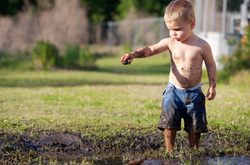
Whether we like it or not, when we became parents, we became leaders. Children cant help but take their lead from the older people around them. Neuroscientists have proven this at a cellular level detecting microscopic mirror neurons in a child's brain that soak up the messages we give them and use it to build their nerve pathways for the future. And society demonstrates it at a macro level; we cannot help but be affected by the culture in which we live. For parents this can be a sobering thought!
As parent we cannot not influence. Frustrating sometimes isn't it! The good news is that when we make mistakes, we can show our disappointment and demonstrate that we are sorry for our actions. Being sorry for mistakes is an essential lifeskill our children need to see modelled. And the sunny-side of parenting is that forgiveness and acceptance is something you can practice too. Children do it well!
As parents we are not only leaders; we are learners too. And some of the best life lessons are taught to us by our own children.
Here is an ancient text (source unknown) that has helped me to become a better parent.
As parent we cannot not influence. Frustrating sometimes isn't it! The good news is that when we make mistakes, we can show our disappointment and demonstrate that we are sorry for our actions. Being sorry for mistakes is an essential lifeskill our children need to see modelled. And the sunny-side of parenting is that forgiveness and acceptance is something you can practice too. Children do it well!
As parents we are not only leaders; we are learners too. And some of the best life lessons are taught to us by our own children.
Here is an ancient text (source unknown) that has helped me to become a better parent.
Watch you thoughts, they become your words
Watch your words, they become your actions
Watch your actions they become your habits
Watch your habits, they become your character
Watch your character, it becomes your destiny
Archives
May 2019
October 2017
July 2017
June 2017
July 2016
May 2016
November 2015
September 2015
August 2015
June 2015
May 2015
March 2015
February 2015
August 2014
July 2014
June 2014
April 2014
March 2014
January 2014
December 2013
November 2013
October 2013
September 2013
August 2013
July 2013
June 2013
March 2013
January 2013
Categories
All
Child Behaviour
Child Development
Dads
Early Parenting
Events
Expecting Masterclass
In The News
Newsletters
Parenting
Preparing For Parenting
Research

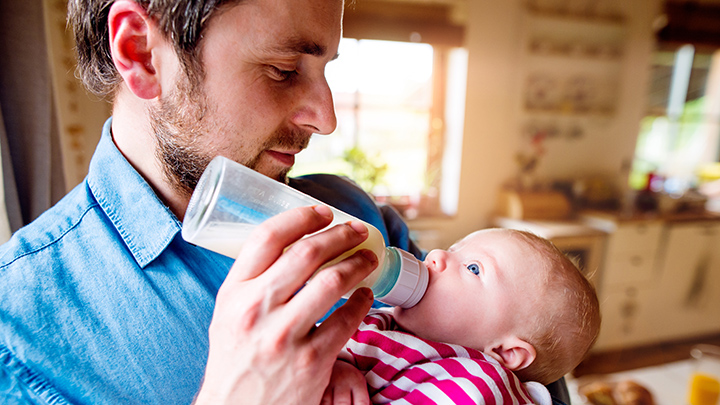
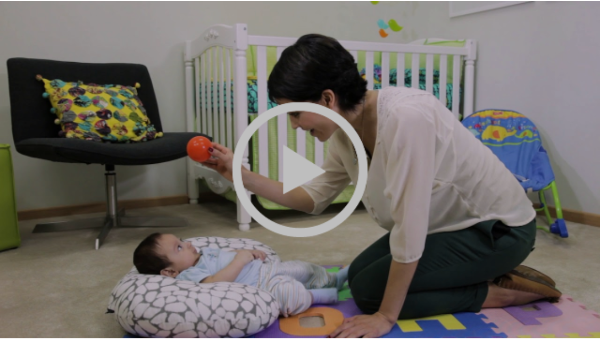
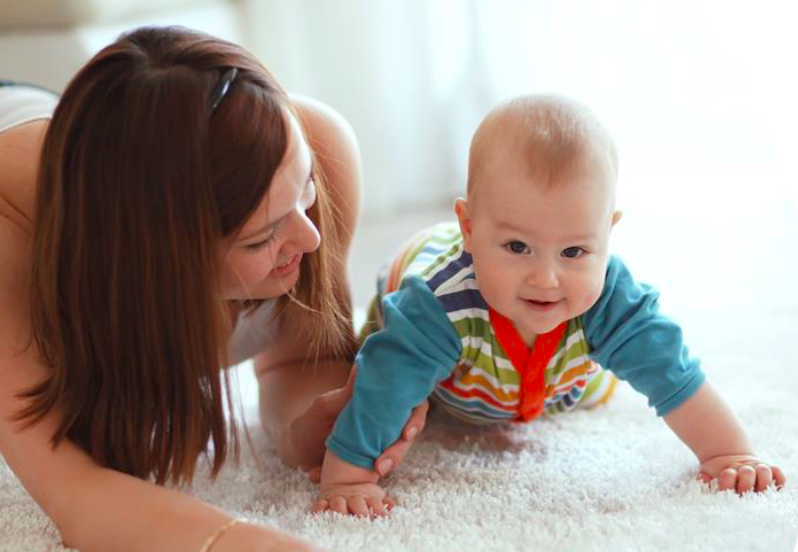

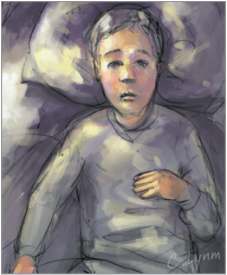
 RSS Feed
RSS Feed